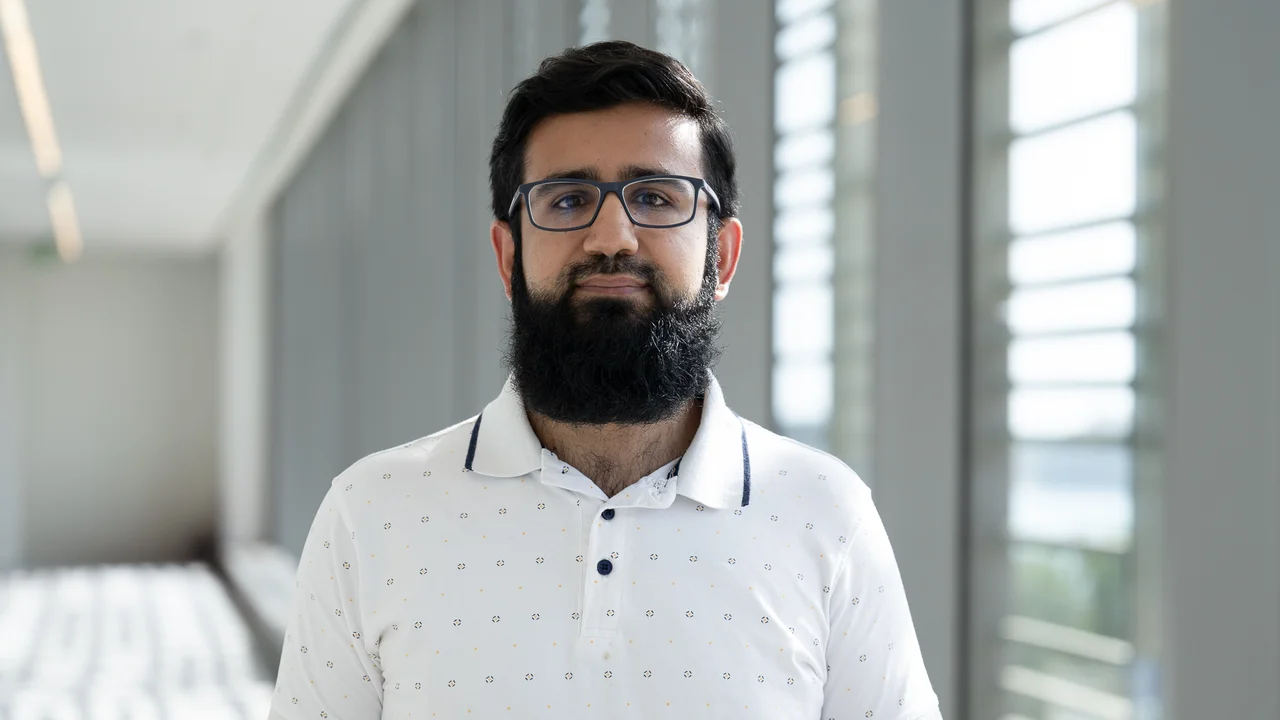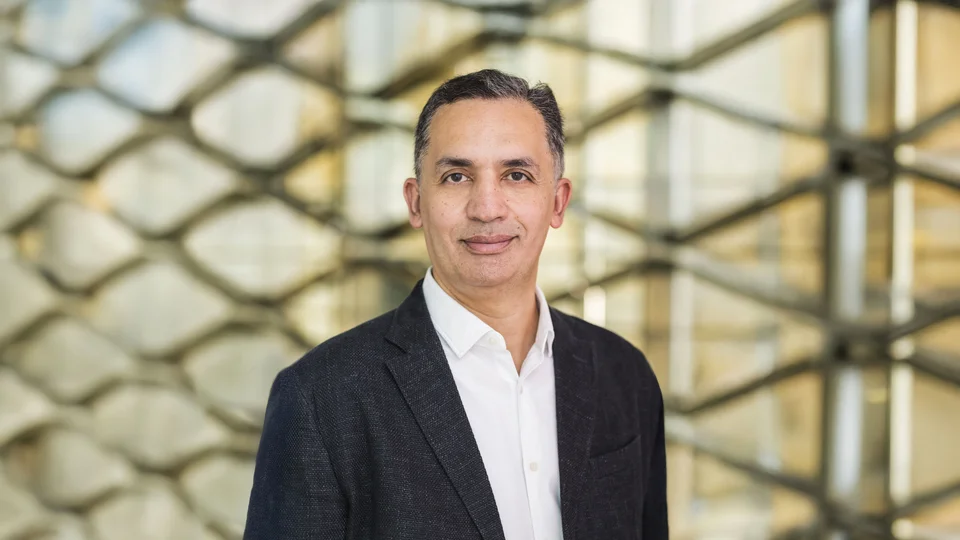
Ali Hanif
Ali Hanif is currently a PhD student at the Information Science Lab, in the Electrical Engineering Department, CEMSE, King Abdullah University of Science and Technology (KAUST).
Professional Profile
Awards and Distinctions
- Rector Gold Medal - BE Avionics , National University of Sciences and Technology (NUST), 2010 - 2014
- Rector Gold Medal - MS Avionics , National University of Sciences and Technology (NUST), 2019 - 2021
Professional Memberships
- Student, IEEE, 2023
Education
- Bachelor of Engineering (B.Eng.)
- Electrical and Computer Engineering, National University of Sciences and Technology (NUST), Pakistan, 2014
- Master of Engineering (M.Eng.)
- Electrical and Computer Engineering, National University of Sciences and Technology (NUST), Pakistan, 2021
Quote
Shoot for the moon. Even if you miss, you will land among the stars.
